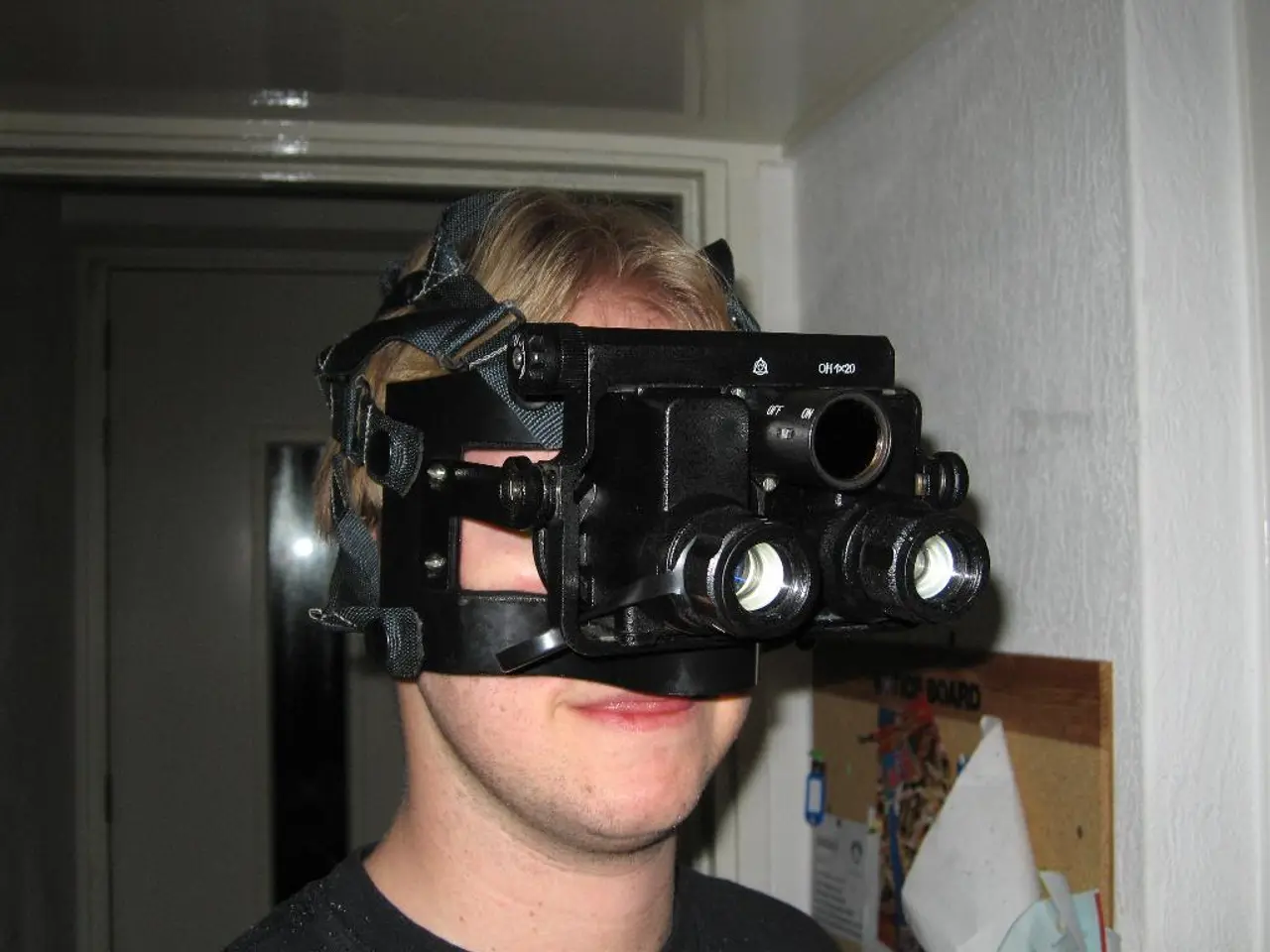Virtual Reality Training Cost Factors Influencing Development Expenses
When considering the development of a custom VR training solution, it's essential to understand the various factors that influence the final cost. This article will explore the key elements that contribute to the price range of VR training solutions, helping businesses make informed decisions.
Cost Factors
The cost of a custom VR training solution can vary significantly, typically ranging from around $20,000 to over $200,000. The following factors play a significant role in determining the final cost:
- Project Complexity and Scope: More interactive, realistic, or gamified VR experiences require more development time and resources, driving costs higher.
- Content Customization: Creating tailored training content specifically for a course or enterprise need can significantly increase costs.
- Technology and Features: Integration of advanced features such as AI personalization, virtual classrooms, or gamification in VR training platforms can add thousands to tens of thousands of dollars to development budgets.
- Hardware Compatibility: Supporting premium VR headsets or multiple device types can raise development and testing expenses.
- Development Team and Timeline: Team size, expertise, outsourcing vs in-house development, and development duration all impact cost.
- Supporting Infrastructure: Hosting, cloud services, backend integration, and system security also affect expenses.
Balancing Quality and Cost
Companies must balance their desire for high-quality training experiences against the VR price, finding a sweet spot that aligns with their budgetary constraints and training objectives. High-quality graphics and realistic simulations, while more costly, can enhance the learning experience, leading to better training outcomes.
Long-Term Cost-Effectiveness
Customization of VR training solutions can be more cost-effective in the long term as it caters to specific needs and training objectives. Additionally, the cost of VR is not static; technological advancements and increased market competition tend to lower the price over time, making virtual reality training more accessible to a wider range of businesses.
Conclusion
In summary, a custom VR training solution's cost depends on its technical complexity, interactivity, hardware support, and content customization, usually falling between $20,000 and $200,000+, with key features and scale driving the price higher. Businesses seeking a reliable software development service provider for a custom and cost-effective VR training solution can find a suitable partner with 30 years of experience, offering full-cycle development or dedicated professionals.
- The development of custom VR training solutions involves costs that could range from around $20,000 to over $200,000, influenced by factors such as project complexity and scope, technology and features, hardware compatibility, development team and timeline, and supporting infrastructure.
- Companies should strive to balance their desire for high-quality training experiences against the cost of VR, finding a point that harmonizes their budgetary constraints and training objectives.
- High-quality graphics and realistic simulations, though more expensive, can significantly improve the learning experience, potentially leading to better training outcomes.
- Customization of VR training solutions can offer long-term cost-effectiveness by catering to specific needs and training objectives.
- Technological advancements and increased market competition are contributing factors to a decrease in the cost of VR over time, making it more accessible for various businesses.
- A reliable software development service provider with 30 years of experience can offer full-cycle development or dedicated professionals for a custom and cost-effective VR training solution.
- Integration of advanced features like AI personalization, virtual classrooms, or gamification in VR training platforms can add thousands to tens of thousands of dollars to VR development budgets.




